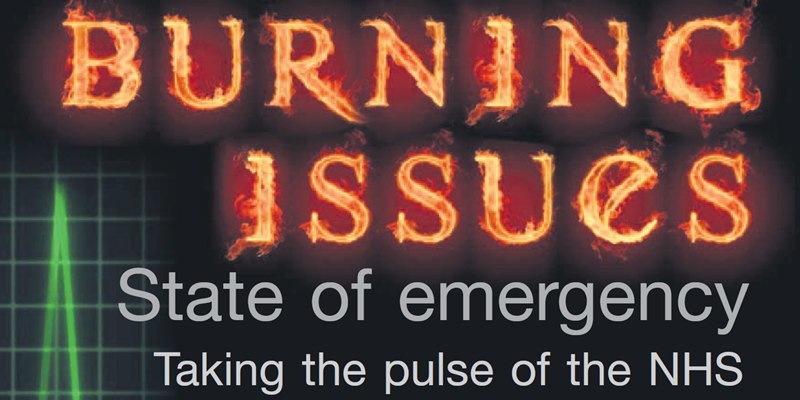Everyone in Britain has a stake in the NHS. If you are under 63, it has been there since you were born and it will probably be there after you have gone.
With more than 1.5 million workers, it is one of the world’s largest employers only the Chinese People’s Liberation Army, the Wal-Mart chain and the Indian Railways directly employ more.
Its sheer size is a testament to Aneurin Bevan’s vision of delivering quality healthcare to the entire country.
Over the next few weeks, The Courier wants to hear from our readers to learn from their experiences of the NHS in 21st-century Scotland.
We will also be examining in detail the challenges it faces in the coming years, and what can be done to ensure our children and grandchildren continue to benefit from the free care we have enjoyed.
In Scotland alone, NHS Scotland is responsible for a mind-bogglingly vast budget. A total of £9.3 billion was spent on healthcare in 2008/09 and although life expectancy in Scotland lags behind most of the rest of the UK, the country has never been healthier.
So why does it seem like so much is going wrong with the NHS so much of the time?
Every week there seems to be a crisis in some part of the NHS, at local or national level.
Just this week it emerged that staff shortages have forced the night-time closure of the accident and emergency ward at the Victoria Hospital in Kirkcaldy once more. It means that if somebody is injured in the East Neuk, their nearest A&E will be in Dundee, nearly an hour’s drive away along twisting country roads.
In Dundee, staff claimed NHS Tayside management felt the need to fit padlocks to the doors of a ward they have shut down at the Royal Victoria Hospital to stop protesters angry at the closure from occupying it.
And, two weeks ago, the Scottish Patients’ Association warned that the trust between patients and their GPs is being lost in Dundee after doctors refused to treat an emergency case at a surgery in Monifieth.
A father-of-two suffered a severe asthma attack in front of his wife and children outside Monifieth Medical Practice. The man’s wife dashed inside to seek medical help but was instead told to call an ambulance to take her husband to hospital.
On a national level, phrases such as “hospital acquired infection” have become commonplace, with tales of dirty wards and the deadly diseases hidden therein coming round as often as the common cold.
Meanwhile, the inevitable spectre of cuts hangs over the NHS, as it does with all public services.
In the short term, NHS Tayside is expected to cut 500 posts by the end of 2010/11 in a bid to shave £11.7 million of its wage bill, while 54 jobs will go in Fife and that could be just the start of years of belt-tightening on the front line.
Put together, all this suggests that although the NHS might still be a key part of British society, it is enduring one of its toughest periods yet.
Founded in 1948, the NHS has become a bedrock of British society so much so in fact that even the Conservatives who are traditionally opposed to big state politics were forced to pledge that they would protect the NHS and increase funding in real-terms before the General Election in May.
Health in Scotland is, of course, a devolved issued and the SNP Government in Holyrood can point to several successes the NHS has had since devolution. Waiting times are down while deaths from coronary and stroke are down by a third over the past decade.
Hospital acquired infections fell by more than a half (58%) over the past two years and yet ask anyone on the street and they will tell you they believe the NHS is getting worse, not better.
Additionally, both the Scottish Government and NHS Scotland won praise for their handling of last year’s swine flu crisis.
